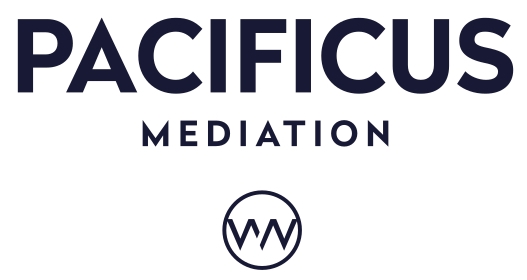We will speak with each party or their advisors ahead of the mediation to ensure we have all relevant information.
All parties must agree to mediation, it is a voluntary process. There may be a contract in place naming mediation as the agreed method of dispute resolution or one party may invite the other/s to attend mediation. Once mediation is agreed in principle, the parties jointly appoint a mediator or co-mediators. We are always happy to have an initial chat with parties, or their advisors in order to explain how mediation works and to answer any questions.
Once appointed we speak to all parties and/or their lawyers to agree how the mediation will go forward. We discuss whether the mediation should take place in person, by video conference or on the telephone and whether co-mediation would be beneficial. The majority of our mediations take place in person in a neutral venue and we can provide facilities for this if required.
Whichever format of mediation is agreed, we always recommend that each party has their own space where they can have confidential discussions with their team and/or with the mediatior, as well as a space where the mediator can bring the parties together for joint discussions.
We ask parties to provide us with relevant background documents and a case summary in advance of the mediation. Following review of these we offer a video call with each party, to have a confidential discussion in advance of the mediation day and to answer any questions.
All those taking part in the mediation are required to sign a mediation agreement, which we provide. This sets out the rules of the mediation, ensuring confidentiality and confirming that none of the discussions can be used in any future litigation.
The mediation day will be used flexibly to suit the needs of the parties. It is likely to involve an initial joint meeting followed by a number of confidential meetings between the mediator and the parties, separately in their individual spaces. We will only share information disclosed in these meetings with permission of the disclosing party. There may also be further joint meetings, either as a full group or between key members of the separate teams, with or without the mediator present. The key is to use the time as productively as possible.
Once a satisfactory resolution is reached between the parties this will usually be documented by the parties or their lawyers on the same day. Any agreement reached will not be binding until documented and signed.
If a settlement is not reached on the day of the mediation we will continue to communicate with the parties to assist with settlement discussions as required.
The above approach will be adapted depending on the circumstances. When working with boards, for example, the exploratory process may take place in a series of meetings or calls over a number of days.


